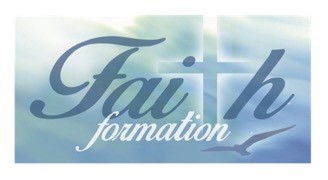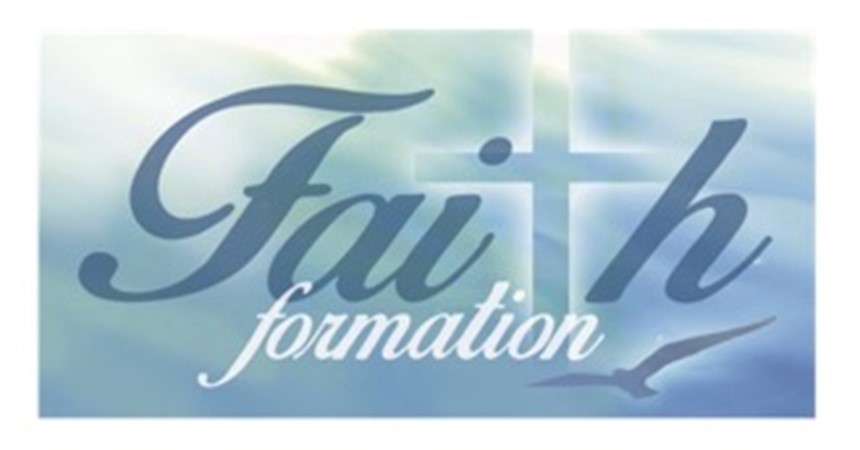One of my favourite movies is Of Gods and Men (2011) the story of the events leading up to the kidnapping and assassination of seven monks of Tibhirine, Algeria, during the civil war in 1996. As conditions became more and more dangerous, the monks were faced with the decision of leaving the country to ensure their safety, or remaining in the monastery and continuing their lives of prayer and service to the local people. In one scene, the monks are gathered together to pray and discuss their choice. They are frightened in their vulnerability, but also free in their choice to leave or to stay. Each monk eventually makes the choice to remain, a decision which ultimately leads to the death of seven of the nine.
Br Jean-Pierre, one of two survivors, commented: This film is an icon. An icon says much more than what you see. His comments help us understand the power of a story well told.
It is a bit like Gregorian chant. When it is well composed, the author has developed a message, and one who sings is even more so, because the Spirit works in him. In this sense, this film is an icon.

When we look back over our lives, we can often identify events, people and stories we would describe as “formative” moments. These “storied” moments do become icons which tell us so much more than we saw in the beginning. They can both inform and transform us, if we take the time to reflect and allow the Spirit to work in us. The stories might be told over a cup of coffee or a glass of wine with a friend, or a novel from the best-seller list, a good movie or television series.
For every human person, our formation in faith, or making sense of our lives, is a life-long process and it can become part of us without our appearing to notice. We are immersed in the human story before birth, and are invited to play an active part from the moment of our baptism. The prophet Jeremiah alludes to this:
“Before I formed you in the womb, I knew you, before you came to birth, I consecrated you;
I have appointed you as prophet to the nations. (1:5 Jerusalem Bible)
Some of the most formative stories in the lives of Christians come from the sacred writings of our religious tradition. We listen to the Word proclaimed each time we gather as a community to celebrate Eucharist. When we “break open” the Word of God through listening to the homily and through our own reflection and meditation, we invite the stories to “take flesh”, giving meaning to our lives and our world and inviting us to live a life of discipleship.
When young children ask the question “Where do we come from?”, a parent’s answer usually involves a good (and often creative) story. In our Judeo-Christian tradition, the stories of creation invite us to an awareness of the common origin we share with all who have come before us and all who are still to come.
Every day, through our interaction in families, with the people we meet in our daily comings and goings and the relationships we build along the way, we are invited to grow into the persons our loving God invites us to become. The response to God’s invitation is ours to take up or to reject.
The stories of our ancestors in faith, and our participation in the eucharist, form us into the Body of Christ, and send us forth to live “the joy of the Gospel” through lives of loving and serving others as missionary disciples.
Just as our bodies require food to grow and survive, discipleship requires the feeding of our minds and hearts. Just as in a supermarket, we have so many choices:
- Reflecting on scripture through the Sunday homily, Lent and Advent groups, the prayer of Lectio Divina
- Reflecting on daily life events through an Ignatian examen process – “unpacking our backpack” at the end of the day… what has been life-giving? what has drained the life from me? Identifying and giving thanks for what is life-giving and loving and letting go of what leads me away from life and love.
- Reading a book or seeing a movie that invites us to think about our own life, relationships and attitudes.
The possibilities are endless, we just have to come in and see!
A good story to finish:
A salt doll journeyed for thousands of miles over land, until it finally came to the sea. It was fascinated by this strange moving mass, quite unlike anything it had ever seen before.
“Who are you?” said the salt doll to the sea.
The sea smilingly replied, “Come in and see.”
So the doll waded in. The farther it walked into the sea the more it dissolved, until there was only very little of it left. Before that last bit dissolved, the doll exclaimed in wonder, “Now I know what I am!”
The Salt Doll by Anthony de Mello (1931-1987)
Further Opportunities for Faith Formation

In the Diocese there are opportunities for both education in faith and training for the various ministries we undertake within the parish. The Christian Formation Course will be offered in 2020, beginning in April.
This course may be for you if:
- You feel your faith would be enriched if you had a greater knowledge and understanding of what it involves
- You would like to be better equipped to participate in conversations with friends or colleagues about issues of faith
- You would welcome the opportunity to join a class of like-minded people wishing to explore their faith
- You feel called to explore your faith in a deeper and more systematic way
Units in 2020 are
- Journey of faith;
- Revelation of God;
- Revelation in Scripture – Old Testament;
- New Testament;
- The Church from Age to Age;
- People of God;
- Sacramental Life of the Church;
- Liturgical Life of the Church.
The Course Fee is $480 but should not be a barrier and can be negotiated. (Enquiries 4979 1334)
